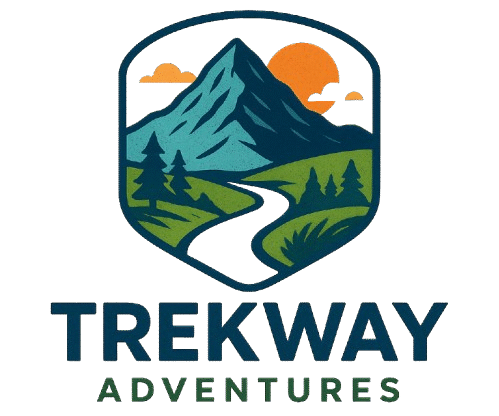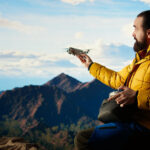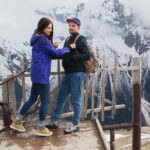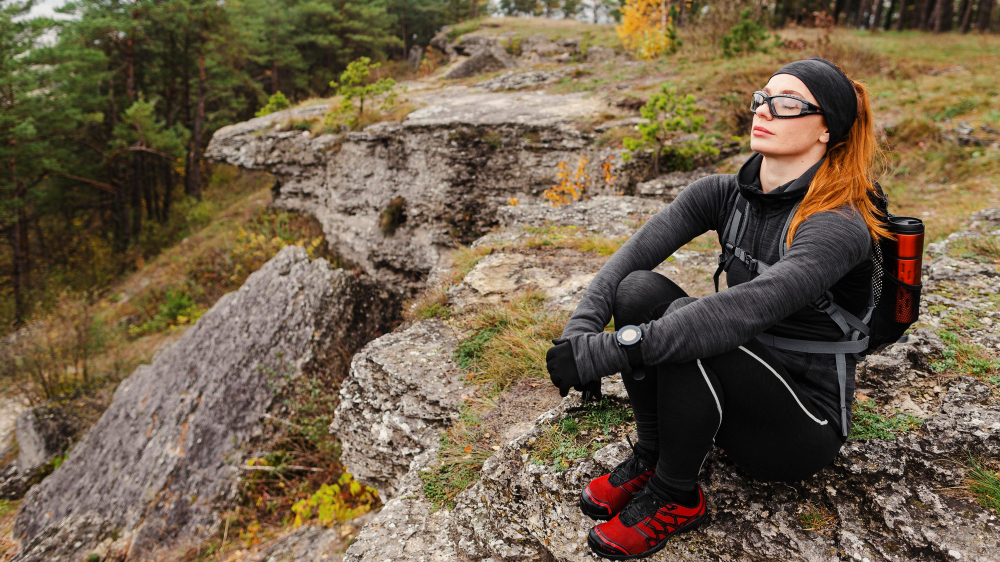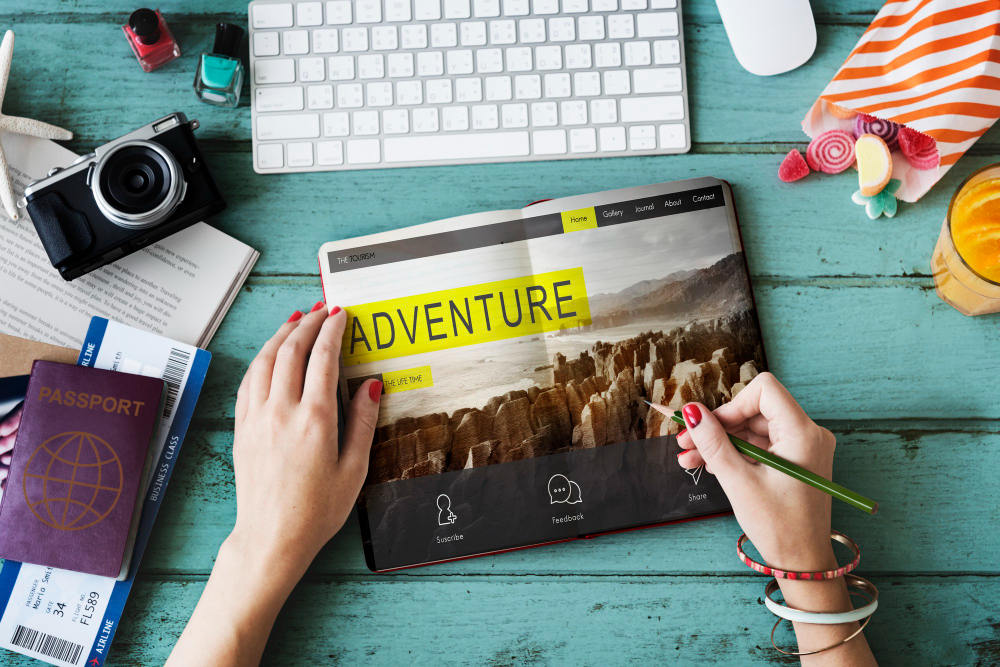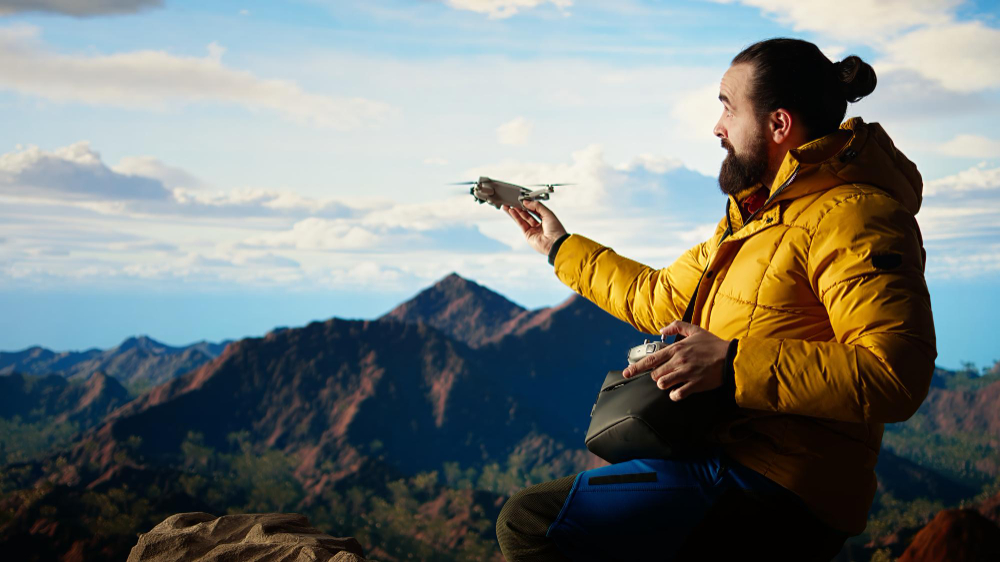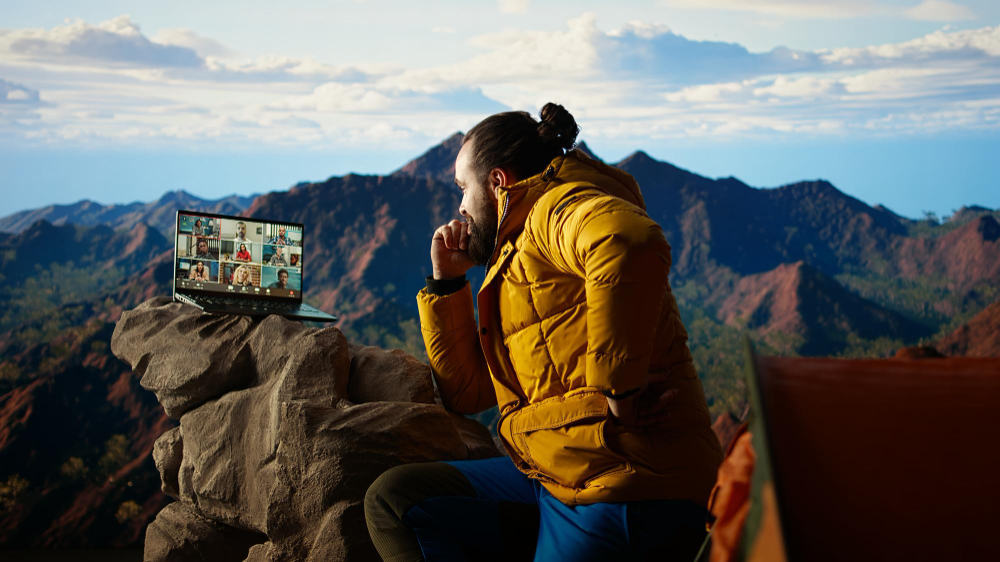👋 Welcome!
Mode Activated: 📝 Article Mode
Let’s create a fully SEO-optimized, long-form article for your keyword:
“Why Trekking is the Ultimate Stress-Reliever for Modern Travelers”
Comprehensive SEO Outline
| Heading Level | Section Title |
|---|---|
| H1 | Why Trekking is the Ultimate Stress-Reliever for Modern Travelers |
| H2 | Introduction: Escaping the Chaos of Modern Life |
| H2 | Understanding the Science of Trekking and Stress Relief |
| H3 | How Nature Affects the Human Brain |
| H3 | Physical Activity and Endorphin Release |
| H2 | The Mental Health Benefits of Trekking |
| H3 | Boosting Mindfulness and Mental Clarity |
| H3 | Combating Anxiety and Depression Naturally |
| H2 | Trekking as a Digital Detox Experience |
| H3 | Disconnecting from Screens and Reconnecting with Reality |
| H3 | How Trekking Enhances Emotional Balance |
| H2 | The Social and Emotional Rewards of Trekking |
| H3 | Building Deeper Connections Through Shared Adventures |
| H3 | Overcoming Personal Limits and Gaining Confidence |
| H2 | The Physical Health Perks of Trekking |
| H3 | Strengthening the Body Through Low-Impact Exercise |
| H3 | Boosting Immunity and Cardiovascular Health |
| H2 | Best Trekking Destinations for Stress Relief |
| H3 | Serene Mountain Escapes |
| H3 | Peaceful Forest Trails and Coastal Treks |
| H2 | How to Prepare for a Stress-Free Trek |
| H3 | Essential Gear and Packing Tips |
| H3 | Safety and Mindset Preparation |
| H2 | Common Mistakes to Avoid on a Trek |
| H3 | Overpacking and Ignoring Hydration |
| H3 | Forgetting Mental Preparation |
| H2 | FAQs About Trekking and Stress Relief |
| H2 | Conclusion: Find Peace One Step at a Time |
Why Trekking is the Ultimate Stress-Reliever for Modern Travelers
SEO Title: Why Trekking is the Ultimate Stress-Reliever for Modern Travelers — Reconnect, Recharge, and Rediscover Yourself
Meta Description: Discover why trekking is the ultimate stress-reliever for modern travelers. Learn how hiking boosts mental clarity, reduces anxiety, and reconnects you with nature.
Introduction: Escaping the Chaos of Modern Life
In a world dominated by screens, deadlines, and constant noise, it’s no wonder stress has become a part of everyday life. Modern travelers are seeking ways to unplug, unwind, and reset — and trekking has emerged as the perfect solution.
Trekking doesn’t just take you away from the chaos; it brings you closer to yourself. Whether you’re climbing through misty forests or following a winding mountain trail, each step helps dissolve mental clutter and replaces it with peace, focus, and joy.
Understanding the Science of Trekking and Stress Relief
How Nature Affects the Human Brain
Studies have shown that spending time in nature reduces cortisol levels, the body’s primary stress hormone. The sights, sounds, and smells of natural environments trigger the parasympathetic nervous system, promoting relaxation and calm.
Physical Activity and Endorphin Release
Trekking, like other forms of moderate exercise, stimulates the release of endorphins — the body’s natural “feel-good” hormones. The rhythmic motion of walking, paired with deep breathing in clean air, can instantly lift your mood and reduce tension.
The Mental Health Benefits of Trekking
Boosting Mindfulness and Mental Clarity
Unlike gym workouts or urban commutes, trekking invites you to slow down and be present. The simplicity of placing one foot in front of the other while surrounded by nature helps cultivate mindfulness — the art of living in the moment.
Combating Anxiety and Depression Naturally
Multiple studies link time outdoors to lower rates of anxiety and depression. Trekking encourages perspective: when you stand before vast landscapes or climb to a summit, your problems often seem smaller and more manageable.
Trekking as a Digital Detox Experience
Disconnecting from Screens and Reconnecting with Reality
Our constant connectivity can lead to “digital fatigue.” Trekking offers a rare opportunity to disconnect from social media and notifications, allowing your brain to rest and recharge. Without distractions, you can fully immerse yourself in the present — the rustle of leaves, the chirping of birds, and the sound of your footsteps.
How Trekking Enhances Emotional Balance
With fewer interruptions, your mind has the space to process emotions naturally. Many trekkers report increased creativity, gratitude, and emotional stability after even a short trek.
The Social and Emotional Rewards of Trekking
Building Deeper Connections Through Shared Adventures
Whether you trek solo or with companions, the experience fosters genuine connection. When you share a trail with others, you engage in real conversations — not small talk. You build trust, empathy, and memories that last a lifetime.
Overcoming Personal Limits and Gaining Confidence
Every trek presents challenges — steep climbs, unpredictable weather, or fatigue. Overcoming these obstacles strengthens self-esteem and instills a deep sense of accomplishment. It’s a reminder that you’re stronger and more resilient than you think.
The Physical Health Perks of Trekking
Strengthening the Body Through Low-Impact Exercise
Trekking is a full-body workout that strengthens your legs, improves balance, and enhances endurance — all without the harsh impact of running or weightlifting.
Boosting Immunity and Cardiovascular Health
Regular trekking increases heart rate and blood circulation, supporting cardiovascular fitness and immune function. Fresh mountain air is rich in oxygen, which revitalizes both mind and body.
Best Trekking Destinations for Stress Relief
Serene Mountain Escapes
- Fairy Meadows, Pakistan – A tranquil alpine meadow beneath Nanga Parbat.
- Annapurna Circuit, Nepal – Diverse landscapes and peaceful Himalayan villages.
- Dolomites, Italy – Majestic limestone peaks and therapeutic scenery.
Peaceful Forest Trails and Coastal Treks
- Pacific Crest Trail, USA – A blend of forests, deserts, and mountain ranges.
- Camino de Santiago, Spain – A spiritual journey through rolling countryside.
- Abel Tasman Track, New Zealand – Golden beaches and lush rainforests.
How to Prepare for a Stress-Free Trek
Essential Gear and Packing Tips
Bring only what you need — a comfortable backpack, quality trekking shoes, hydration system, and weather-appropriate clothing. Remember, less weight equals less stress.
Safety and Mindset Preparation
Research your route, check weather conditions, and let someone know your itinerary. Approach the trek with a mindful and patient mindset — it’s about the journey, not just the destination.
Common Mistakes to Avoid on a Trek
Overpacking and Ignoring Hydration
Carrying too much weight can lead to fatigue and frustration. Always pack light and stay hydrated — dehydration increases stress and slows recovery.
Forgetting Mental Preparation
Many travelers focus on physical readiness but forget mental endurance. Trekking demands mental resilience; embrace discomfort as part of the growth process.
FAQs About Trekking and Stress Relief
Q1. Can short treks really reduce stress?
Absolutely. Even a few hours in nature can significantly reduce cortisol levels and boost mood.
Q2. Do I need to be fit to start trekking?
No. Start with short, easy trails and build endurance gradually. Trekking is for everyone.
Q3. How often should I trek for maximum benefits?
Even one trek a month can improve mental health and physical well-being.
Q4. What’s the best time of year to go trekking?
Spring and autumn offer pleasant weather and stable conditions in most regions.
Q5. Is trekking better solo or with a group?
Both have benefits. Solo treks offer reflection, while group treks build camaraderie.
Q6. Can trekking help with burnout recovery?
Yes. Time in nature combined with physical exertion and mindfulness helps reset your nervous system, aiding burnout recovery.
Conclusion: Find Peace One Step at a Time
Trekking isn’t just a physical journey — it’s a mental and emotional reset button. Every step on the trail brings you closer to stillness, clarity, and self-awareness.
In a world that never stops moving, trekking reminds us to pause, breathe, and reconnect with what truly matters. Whether it’s a short forest walk or a high-altitude adventure, remember: peace isn’t a destination — it’s a path you walk. 🌿
External Source:
For mental health and outdoor wellness insights, visit American Hiking Society.
